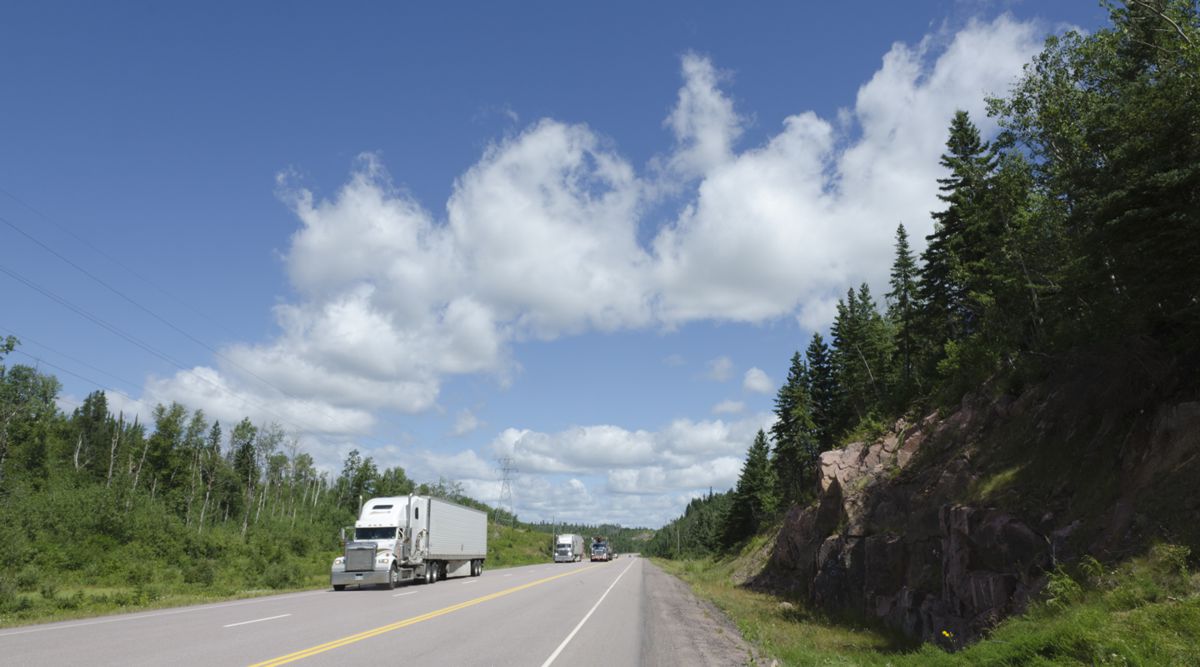I work in Calgary. On the evening of June 20th, 2013 and into the weekend, Calgary flooded. Many low lying areas along the Elbow and Bow rivers received a lot of damage. 10's of thousands of people were evacuated in less than 24 hours.
 On the 25th of June I decided to take the shuttle bus downtown to our office building (which fortunately was undamaged and had power). The Calgary Transit light rail tracks were damaged on the south line.
On the 25th of June I decided to take the shuttle bus downtown to our office building (which fortunately was undamaged and had power). The Calgary Transit light rail tracks were damaged on the south line.
As I was passing through some of the areas that were hard hit and watching the repair crews I was struck by some of the obvious thoughts:
- Nature is powerful and must be respected,
- It could have been worse, much worse,
- Gratitude for all the hard work during the evacuation and now being done to get things back in shape,
- It is eerie, spooky quiet, and
- I don't see any zombies.
I also had another more far reaching thought.
I Don't Know How
I realized that I could not fix Calgary myself.
I know what you are thinking… no one can. But that is exactly the point. What I do for a living does not have much to do with the underlying infrastructure we rely on and none of us know enough to fix it all.
Aside from the general clean-up crews, there are thousands of people working, with very specialized skills, hands-on, to get things done.
The people who keep things that we take for granted working. The gazillion interrelated little pieces.
The Rise of Knowledge Workers
There is a lot of hoopla in business about the death of the industrial age and the movement to the knowledge age (and beyond). The jobs and money are and will continue to move to those people who can work with information and data to create knowledge and value.
Over the last century, people have moved from farming into the cities to find work. Farms have become more automated with larger areas and bigger equipment.
Today, how many city slickers could farm 1000 acres? 10,000 acres? Some might struggle with even a small hand tilled garden plot. The myriad of skills require to farm commercially is vast. A lot of our food is imported as well.
Yes, we take our food for granted. But farming is not going away, it has just matured.
We Take Infrastructure For Granted Too
After seeing all those specialized workers in one place; I can only imagine how many more I could not see.
All the people looking after things… hands-on.
I saw a science fiction movie about a group of refugees who relied on machinery to keep things running that was built to last 400 years. After 400 years the machinery started failing and no one knew how to fix it.
We are now interdependent globally for many things.
I recently read "Atlas Shrugged" by Ayn Rand. It was written in the 1950s at the height of the industrial age when communism was a big threat. But it is really not so far off in one respect, the people who can create, build and maintain the industrial complex are essential to surviving at our current level of civilization.
Knowledge is Not Knowing How
As more people become knowledge workers, fewer of us will be involved in farming, the industrial complex, or building out the infrastructure.
Yet these are still essential components of the modern world. For instance, are you ready to give up eating?
Knowledge is not the same as the practical ability to apply knowledge using your training, skills and talents.
With the advance of technology, predictive technologies and Artificial Intelligence (AI) it could just be that knowledge workers in their current form may actually be the least essential job category in the not too distant future.
The flood of knowledge workers may just recede.
The Key to Success

Humans have done well because we are adaptable. That is probably the most important thing you can develop in yourself.
The ability to adapt. And even more important; the ability to SEE the NEED to adapt.
Gratitude: I am truly grateful for the people doing the hard work of putting Calgary and the rest of southern Alberta back together. Thanks!



